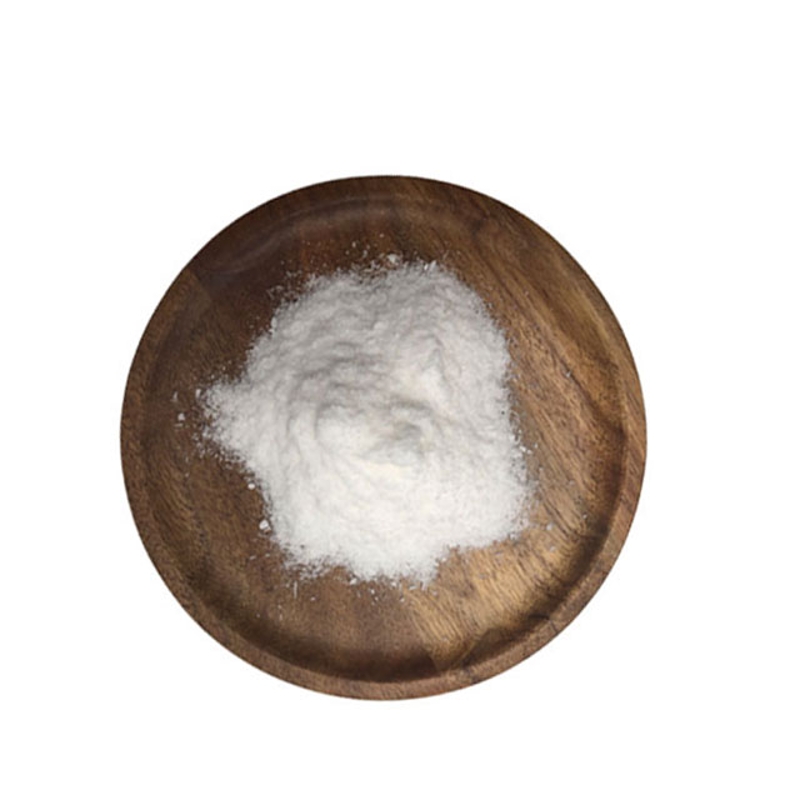-
Categories
-
Pharmaceutical Intermediates
-
Active Pharmaceutical Ingredients
-
Food Additives
- Industrial Coatings
- Agrochemicals
- Dyes and Pigments
- Surfactant
- Flavors and Fragrances
- Chemical Reagents
- Catalyst and Auxiliary
- Natural Products
- Inorganic Chemistry
-
Organic Chemistry
-
Biochemical Engineering
- Analytical Chemistry
- Cosmetic Ingredient
-
Pharmaceutical Intermediates
Promotion
ECHEMI Mall
Wholesale
Weekly Price
Exhibition
News
-
Trade Service
Severe fatty liver disease is often associated with obesity, but according to a review of the scientific literature by researchers at the Translational Genomics Institute (TGen), an affiliate of Temple University and City of Hope, the more Evidence is mounting that even normal-weight people can develop this potentially life-threatening condition
Why this happens despite some suspected risk factors for liver disease in thin people, including diet, genetics, ethnicity, and even menopausal status in women, according to scientific reviews published in the journal Diabetes and Metabolic Syndrome The situation is unclear
"Because fatty liver is, in most cases, a subclinical disease with no early signs and symptoms, combined with normal laboratory and physical measurements, makes clinicians suspicious of normal-weight individuals with severe liver disease Turn a blind eye
Nonalcoholic fatty liver disease (NAFLD) is the most common chronic liver disease in the United States, affecting an estimated 24% of the global population
Surprise discovery for skinny patients
From initial diagnosis to follow-up examinations, lean NAFLD patients are at greater risk of severe liver disease than those with a higher body mass index (BMI), a study has shown
"This unexpected finding suggests that fibrosis progresses more rapidly in thin people compared to people with a higher BMI," said Dr.
Although obesity is the strongest independent risk factor for NAFLD, even with severe obesity, some individuals do not develop severe liver disease, suggesting that genetic factors may be at play; some genes cause liver disease, while others Some genes protect against the disease
For example, a study of more than 900 thin Japanese participants showed that those who carried the well-studied PNPLA3 gene had a doubled risk of NAFLD
In addition, postmenopausal women are at high risk for NAFLD, possibly due to loss of protective estrogen and hormone-related metabolic changes due to other factors, the review said
No consensus on NAFLD screening
There is no global consensus on how to screen for NAFLD due to inconclusive evidence supporting diagnostic tests, treatment options, cost-effectiveness, and potential long-term benefits of screening
"The development and distribution of consistent screening and risk assessment guidelines are critical to ensuring optimal clinical management of all patients with NAFLD," the review said
Assessing the risk of NAFLD in lean individuals may depend on increased knowledge of menopausal status, genetic factors, ethnicity (especially those of Asian-Indian and Hispanic ancestry) alcohol consumption, and dietary factors including added sugars, refined carbohydrates Compounds, saturated fat and cholesterol
"More work needs to be done not only to address risk factors, but to raise awareness among practitioners about the potential health risks of NAFLD in lean people," said Glenn, chair of the Department of Medical Genetics and Molecular Biochemistry at Temple University Lewis Katz School of Medicine said S.
"Early detection, combined with appropriate steps to mitigate NAFLD through life>







